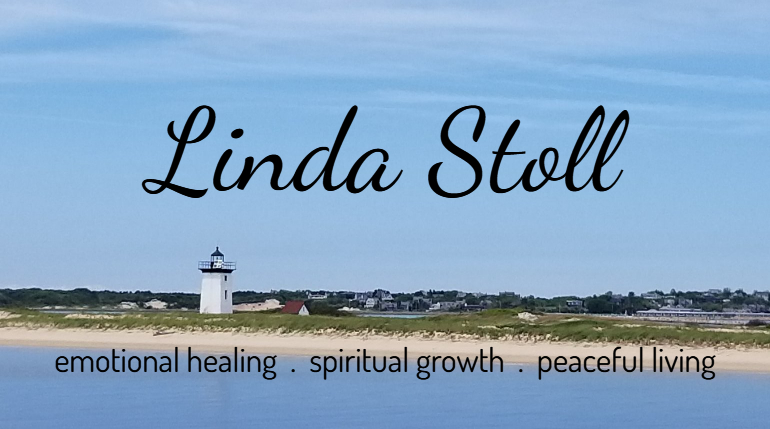Oh, I'm overjoyed to see your beautiful smiling face again, pastel pink paperback {or Kindle} in hand!
This is our 2nd of three Sunday Evening Book Club gatherings focused on Anne Bogel's Don't Overthink It: Make Easier Decisions, Stop Second-Guessing, and Bring More Joy to Your Life. It's not too late to head on over to Amazon where the Kindle edition is a still too-good-to-be-true priced $1.59! You can also get the paperback right here. {As an Amazon Associate, I may get a small financial benefit if you use these links.}
As I'm reflecting on our first discussion, perhaps Trudy summed it up best - 'I guess I haven't overcome perfectionism, Linda. Especially when it comes to inwardly over-thinking. I often replay what I wish I had said in my mind following a conversation, and I frequently second-guess my decisions. I had never connected that to perfection. I guess I know I'm kind of hard on myself and need to allow myself more grace...'
Yes, grace. Unmerited favor. Let's not beat ourselves up as we move through the chapters. Last time I looked, not one of us has arrived. With a palpable sense of relief, we discover yet again that we're all in the same boat in one way, shape, or form. We're not companionless as we move forward toward healthier ways of thinking and responding to life's sometimes daunting challenges.
Let's jump right in with quotes from Part Two - Take Charge ...
Procrastination
{Chapter 6, page 88}
'When we put off doing something we don't want to do, we keep the unpleasant thing right in front of us for much longer than we need to. As long as we're contemplating the issue, we're dwelling on the negative. If we're dreading something, we can serve ourselves well by dealing with it sooner rather than later. If we're overthinking something we can actually do something about, the best thing we can do is speed up to move on. Take action as soon as possible.'
Nurture
{Chapter 7, page 96}
'Because our thoughts cascade into our feelings and actions, what we think about matters. When we nurture positive thoughts, we feel good, when we nurture negative thoughts, we feel bad. The nature of our thoughts directly affects not only the content of our experience but also our quality of life ... When we feel good we are kinder, more creative, more expansive in our thinking, more open to possibility, and just more pleasant to be around. When we focus on the negative, we not only feel bad but also make ourselves more and more the type of people who overthink, because negativity fuels the mental spin cycle.'
Rumination
(Chapter 7, page 98}
'Rumination may be good for cattle, but for us, nothing good comes of mulling over unworthy issues at length. Instead, rumination hijacks our focus and makes us miserable. When we ruminate, we can't shut off our brains. Our thoughts go round and round; we feel stuck, like a hamster on a wheel. These negative thoughts - and resultant emotions - damage both our ability to think clearly and our general sense of well-being.'
Journaling
{Chapter 7, page 106}
'Many things don't feel so daunting once they are written down, because the act of writing forces us to clarify what's actually happening and what we need to do about it. Many find writing to be a helpful tool, but watch out. Therapist Amy Morin calls journaling a "common trap" for those inclined to ruminate. She writes, "For overthinkers, journaling may backfire. If you write about bad things that happen, things you worry about, or uncomfortable emotions you experience, your journal may reinforce your negative thoughts." If you relate, Morin's advice for your journaling sessions is to stick to the facts rather than dwell on the emotions surrounding them.'
Routines
{Chapter 8, page 114}
'Many of us resist routine because it feels confining or boring ... But boring doesn't have to be a bad thing. Predictability can be exactly what we need because the purpose of routine is not to limit us but to clear the mental clutter ... Routines are meant to serve us, not handcuff us. When smartly deployed, these option-limiting strategies create freedom by creating headspace, whether we're making museum-worthy art or just trying to manage our ordinary days.'
Wow! Anne's giving us a rich banquet, so much food for thought, prayer, and action. My eyes have been opened even wider in this second reading. What's hitting home for you?
Linda
P.S. #1 Don't Overthink It * Session #1 and Session #3
P.S. #2 Read Part 3 - Let the Sun Shine In, chapters 10 - 14, for our final session next Sunday evening.
P.S. #3 Enjoying Book Club? Please subscribe!
P.S. #4 Sharing our bookish sessions with Jeanne . Richella . Lisa






